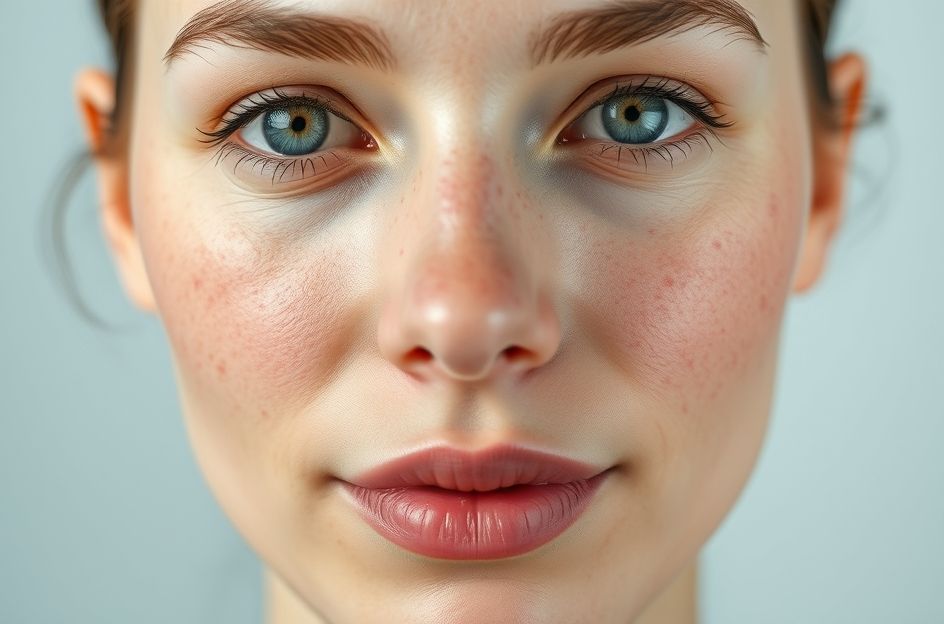Accutane, a powerful medication also known as isotretinoin, is often prescribed for severe forms of acne, including nodular and cystic acne. These types of acne develop when pores become clogged with excess oil and dead skin cells, leading to lesions that can harden into nodules and eventually cysts.
Cysts are a particularly severe form of acne, often requiring drainage by a physician. They can persist for weeks or even months. While Accutane can be an effective treatment, it’s crucial to consult with a doctor before starting the medication to determine if it’s the right choice for your specific situation.
Despite its effectiveness against severe acne, Accutane carries significant potential side effects. Prescribers typically require patients to read and sign a consent form acknowledging these risks before commencing treatment.
Serious side effects include a high risk of birth defects, miscarriage, stillbirth, and premature birth. Accutane is strictly contraindicated for pregnant women or those planning to become pregnant.
Furthermore, Accutane can have psychological effects, including depression, sadness, anxiety, and, in rare cases, suicidal thoughts. Other potential side effects include loss of appetite, weight changes, decreased social engagement, anger, and irritability.
It’s imperative to report any side effects experienced while taking Accutane to a physician immediately. Severe acne can be intensely painful, and Accutane may sometimes be the only viable treatment option. A thorough consultation with your physician will help you weigh the potential benefits and risks to make an informed decision about whether Accutane is the right course of action for you.
